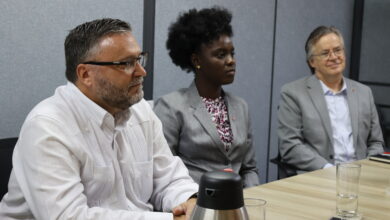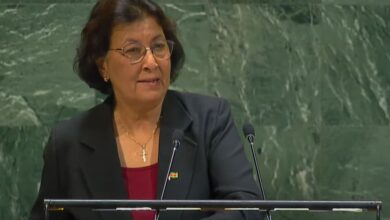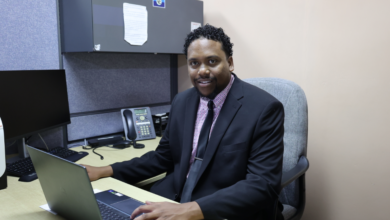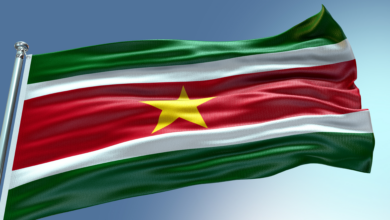The CARICOM Secretariat will host a workshop next week that is aimed at preventing the exploitation of genetic resources and associated traditional knowledge within CARICOM Member States.
The workshop is being held in Suriname, November 30-December 4, 2015, in collaboration with the ABS (Access and Benefit-Sharing) Capacity Development Initiative and the Government of Suriname.
There will be approximately forty participants, including representatives of the National Focal Point agencies for the Nagoya Protocol, legal officers, and representatives of indigenous and local communities.
The workshop will build countries’ capacity for implementation of the Nagoya Protocol on Access and Benefit Sharing.
The Nagoya Protocol is a multilateral environmental agreement that came into force in October 2014. Its objective is to ensure that benefits from the use of genetic resources and associated traditional knowledge are shared fairly and equitably between the providers of the resources and the users.
The term genetic resources refers to genetic material from plants, animals and micro-organisms, such as traditional herbs and plants used for medicinal purposes which can have applications in a wide range of areas, including agriculture, the cosmetics industry and the development of medicines.
Under the Nagoya Protocol, the sharing of benefits from the use of genetic resources should ideally be carried out according to a contractual arrangement between providers and users based on mutually agreed terms. Therefore, understanding the main elements of ABS contracts and contract law is key for the conclusion of fair and equitable access and benefit-sharing arrangements and long-term trustful relationships between providers and users of genetic resources and associated traditional knowledge. However, practice reveals that negotiating partners are often not equally empowered to effectively negotiate, and so benefits are not always equitably shared.
The training provided and knowledge shared at this workshop will be integral in enhancing the ability of the stakeholders involved to negotiate, for their countries or communities, a fair share of the benefits from use and commercialization of genetic resources that they provide.
It is expected that participants will gain an understanding of the overall role of mutually agreed terms in the context of ABS. The workshop also aims to help with identifying and understanding the various actors involved in ABS agreements and their differing interests and practices. Participants will learn how to find and understand the interest of their counterparts in ABS negotiations, and how best to represent the interests of their own countries or communities as providers of genetic resources.
Finally, they will be provided with a platform for dialogue where national focal points and other representatives of relevant institutions potentially involved in ABS contracts negotiations can discuss and share concrete and practical experiences with ABS contracts.
The workshop will include presentations, films and group activities, including a wide variety of practical exercises based on real-life and fictional cases. It is being delivered as an activity under the Project for Capacity-Building Related to Multilateral Environmental Agreements in African, Caribbean and Pacific Countries. The project is funded by the European Union, and supported by the United Nations Environment Programme.






